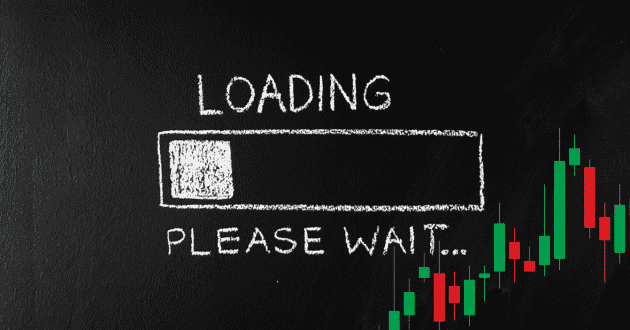Why Is Volatility Important To Understand?
Understanding volatility is super important because it affects lots of stuff when you're dealing with Stock Investments
Volatility means how much the price of something like a stock or an investment goes up and down. It's like a rollercoaster ride for your money. Understanding volatility is super important, especially if you're thinking about investing or trading in the stock market. It helps you know how risky or stable an investment can be, and that's something every smart investor needs to consider. So, let's dive into why it matters and how it can affect your financial decisions.
- Risk Assessment: Volatility measures the degree of variation in the price of an asset or investment over time. High volatility indicates larger price swings, which can lead to greater investment risks. By understanding volatility, investors can assess the level of risk associated with a particular asset or portfolio.
- Portfolio Diversification: Diversifying your investment portfolio is a common risk management strategy. When you comprehend volatility, you can choose assets with varying degrees of volatility to balance your portfolio effectively. This diversification helps reduce the impact of extreme price movements in any single investment.
- Investment Strategy: Volatility impacts investment decisions. For instance, if you have a low-risk tolerance, you may prefer assets with lower volatility, such as bonds or stable dividend-paying stocks. On the other hand, if you can tolerate higher risk, you might consider investments with potentially higher returns but greater volatility, like growth stocks or cryptocurrencies.
- Timing and Entry Points: Understanding volatility can help investors identify favorable entry points. During periods of high volatility, asset prices can fluctuate significantly. Savvy investors often look for opportunities to buy assets at lower prices during market downturns, potentially increasing their returns when prices rebound.
- Risk Management: Volatility is a vital component of risk management strategies. By analyzing historical and implied volatility, investors can make informed decisions about risk exposure. For example, options traders use volatility indicators to assess the pricing of options contracts, which are directly influenced by volatility expectations.
- Asset Allocation: Proper asset allocation involves determining the right mix of asset classes (e.g., stocks, bonds, real estate) based on your financial goals and risk tolerance. Volatility plays a key role in this decision-making process, helping you align your investments with your long-term objectives.
Wrapping up, Understanding volatility is super important because it affects lots of stuff when you're dealing with money and investments. It can make your investments more or less risky, help you decide how to spread your money around, figure out the best times to buy or sell stuff, and make sure you're not taking on too much risk. As a financial consultant, I really suggest that investors take the time to get what volatility is all about and use that knowledge to make smart money choices. It's like having a superpower for your finance.


